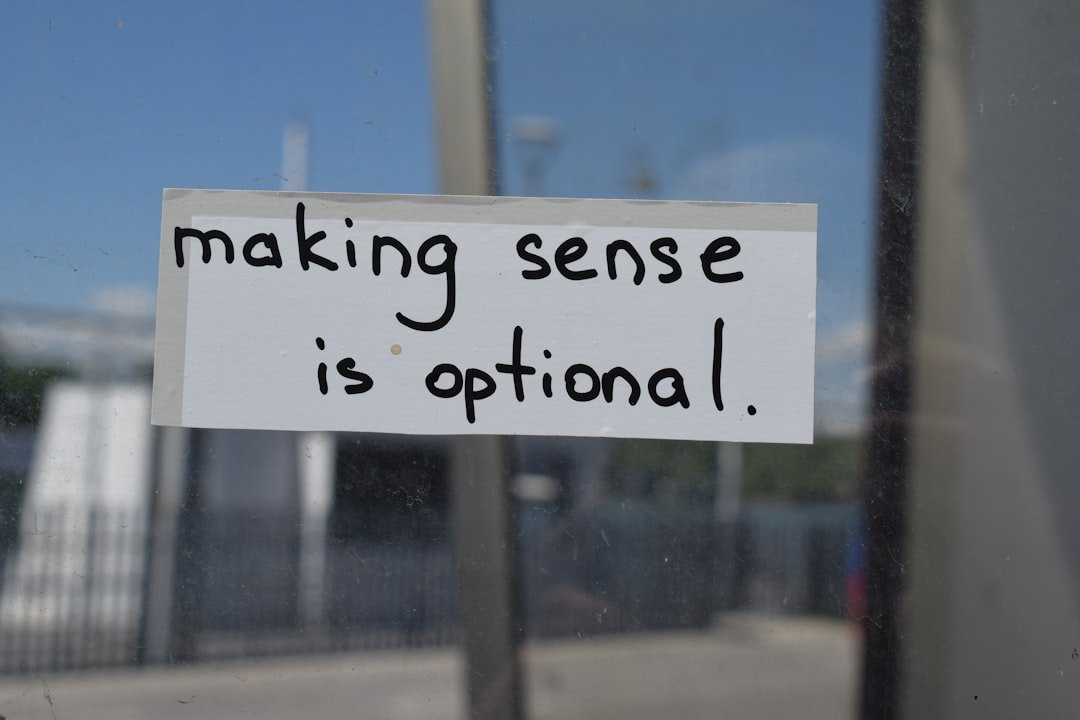
Ever feel stuck when a problem pops up, or find yourself making choices you later regret? We all do.
I know that feeling all too well. For years, my decisions often felt impulsive, driven by old habits like gaming or overeating. I’d jump from one thing to the next, swayed by emotion rather than clear thinking. Breaking free from those cycles wasn't just about willpower; it was about learning to think more clearly and logically. I had to look at my habits, understand their triggers, and logically plan my escape. This shift in thinking helped me lose over 110 pounds, build a productive routine, and find greater purpose in life.
Logical reasoning isn't just for academics or scientists. It’s a vital skill we use every day, whether we realize it or not. It helps us solve problems, make better decisions, understand others, and navigate a complex world. When our logic is sharp, we approach challenges with clarity and confidence.
Today, I want to share 15 practical ways I've learned to sharpen my own logical thinking. These aren't magic tricks; they're daily practices that build mental muscle.
1. Question Assumptions
Don't take things at face value. Ask "why" or "how do I know this is true?" Challenge the information you receive, even from sources you trust. This helps you dig deeper than the surface.
2. Break Down Problems
Complex issues can feel overwhelming. Divide them into smaller, manageable parts. When I started my journey to lose 110 pounds, I didn't just say "lose weight." I broke it down: "plan healthy meals," "walk 30 minutes daily," "track calories." Each small piece became solvable.
3. Consider Different Perspectives
Try to see things from other angles. How would a friend view this? What about someone with a totally different background? This expands your understanding and prevents tunnel vision.
4. Identify Your Biases
We all have mental shortcuts and preferences that influence our thinking. Recognize when your emotions or past experiences might be coloring your judgment. Being aware is the first step to overcoming them.
5. Practice Critical Thinking Daily
Read news, articles, or books with a critical eye. Ask yourself: Is this author making a strong case? What evidence do they provide? What might be missing? Discuss these thoughts with others.
6. Learn Basic Logic Principles
Understand cause and effect, "if/then" statements, and common fallacies. You don't need to be a philosopher, but knowing how arguments are constructed (and misconstructed) helps you think clearly.
7. Engage in Strategic Games
Chess, Sudoku, puzzles, or strategy video games (the kind that require planning, not just reflex) can train your brain to think several steps ahead and anticipate outcomes.
8. Debate Constructively
Find a safe space to discuss differing viewpoints. The goal isn't to "win" but to understand and refine your own arguments. This forces you to organize your thoughts logically and defend them with reason.
9. Read Diverse Material
Expose yourself to a wide range of ideas and information. Read about history, science, philosophy, and different cultures. New knowledge fuels new connections in your mind.
10. Reflect on Past Decisions
After making a choice, take time to think about the outcome. What went well? What could have gone better? What was my reasoning, and was it sound? This helps you learn and adapt.
11. Keep a Journal
Writing down your thoughts, questions, and decision-making processes can bring clarity. It’s like having a conversation with yourself, allowing you to trace your logic and spot gaps.
12. Seek Out Wise Counsel
Don't be afraid to ask for advice from people you respect. For me, seeking guidance from trusted spiritual fathers or elders in my Orthodox Christian faith has provided incredible perspective and helped me navigate difficult decisions with a clear, God-centered mind. They offer wisdom rooted in experience and faith, which often provides a strong logical framework.
13. Simplify Complex Ideas
If you can't explain something simply, you probably don't understand it well enough. Try to break down complex topics into their core components and articulate them in plain language.
14. Focus on the "Why"
Always ask what the underlying reasons are for a belief, an action, or a situation. Understanding the "why" often unlocks the logic behind it and helps you address root causes instead of just symptoms.
15. Take Action and Learn
Logic isn't just theoretical. Apply your reasoning in real-world situations. My productive routine, with its short bursts of deep work and daily gratitude, didn't just spring up perfectly formed. It was a logical construction of trial and error, seeing what worked and adjusting as I learned. Try your logical solution, observe the results, and then refine your approach.
Developing strong logical reasoning is a journey, not a destination. It's about showing up every day, paying attention, and making small, consistent efforts. Just like building a strong body or nurturing your faith, it takes practice.
What's one small step you can take today to sharpen your thinking and make a more intentional choice?





